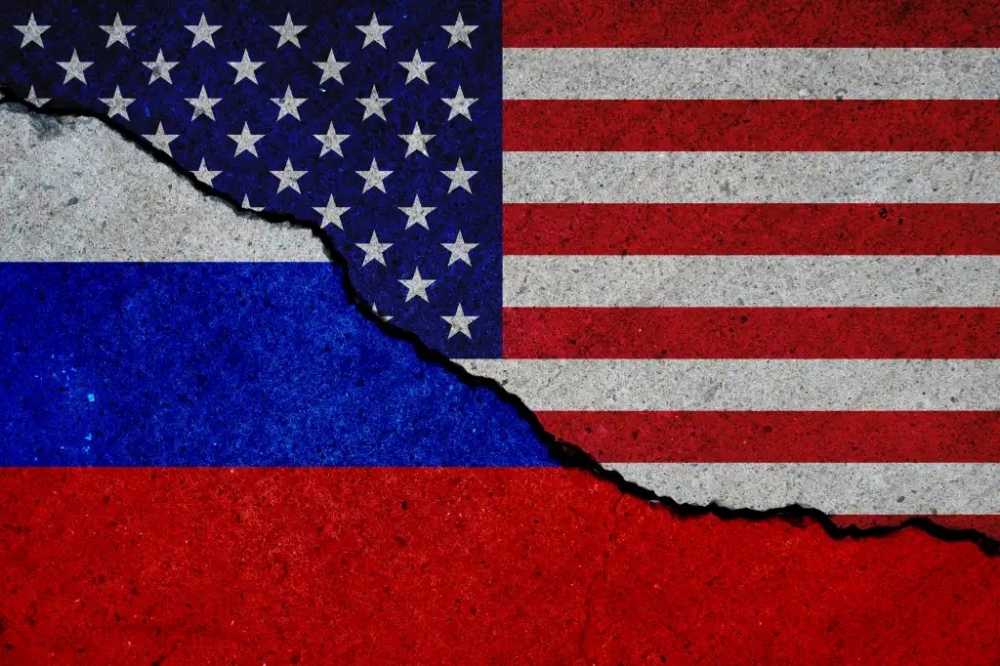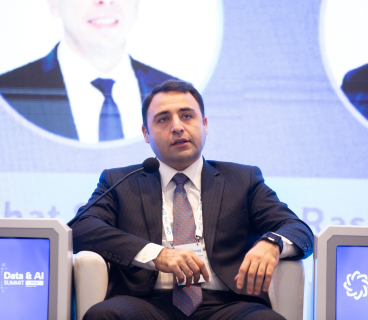The U.S. Department of Justice has filed criminal charges against the administrators of the Russian cryptocurrency exchange "Garantex." They are accused of aiding money laundering for criminal and terrorist organizations and violating U.S. sanctions.
Two administrators—46-year-old Lithuanian citizen and Russian resident Aleksej Besciokov, and 40-year-old Russian national living in the United Arab Emirates, Aleksandr Mira Serda—are accused in the indictment of knowing that criminal proceeds were being laundered through Garantex and helping conceal these illegal activities. The U.S. Department of Justice revealed that Garantex processed "hundreds of millions of dollars in criminal proceeds" and aided various crimes, including hacking, extortion programs, terrorism, and drug trafficking. Since 2019, the exchange has reportedly conducted cryptocurrency transactions worth at least $96 billion. In the indictment, prosecutors accuse Besciokov of personally authorizing operations linked to the North Korean hackers known as Lazarus Group. Prior to the indictment's release, the U.S. Secret Service and several law enforcement agencies seized official Garantex websites, changed their content with agency logos, and displayed a banner announcing the seizure.
In attempts to contact the three Garantex email addresses listed on the previous version of the site, emails were returned undelivered. Garantex did not respond to multiple requests for comment on its official Telegram channel. Besciokov and Mira Serda both face money laundering conspiracy charges, while Besciokov also faces additional charges of violating U.S. sanctions and operating an unlicensed money transfer service. Both could face up to 20 years in prison for money laundering charges, with Besciokov facing an additional 20 years for conspiracy and unlicensed money transfer activities, as well as up to five years for another charge. It is currently unclear whether either of them has been arrested. U.S. Department of Justice spokesperson Shannon Shevlin told TechCrunch that the DOJ was unaware of Mira Serda's potential arrest in the UAE. The U.S. prosecutors allege that Besciokov and Mira Serda were aware that Garantex was being used for money laundering and actively worked to facilitate these activities, even when questioned by Russian authorities. According to the DOJ, when Russian law enforcement inquired about records related to Mira Serda's account, the company provided incomplete information and claimed the account was unverified.
"In fact, Garantex had linked this account to Mira Serda's personal identification documents," the indictment noted. The DOJ confirmed that millions of dollars worth of cryptocurrency had been seized. Garantex has been under scrutiny by Western governments for several years. In 2022, as part of a series of actions against Russian cybercrime, the U.S. Treasury Department sanctioned Garantex, noting that over $100 million worth of operations were linked to illegal participants and dark web marketplaces, including over $6 million from the Conti ransomware group and $2.6 million from the Hydra dark web market. Additionally, in 2024, the European Union sanctioned Garantex due to Russia's ongoing war with Ukraine, stating that the exchange had "close ties to U.S.-sanctioned Russian banks."
Despite U.S. sanctions, prosecutors claim that Besciokov and his associates continued to accept operations with U.S. entities and "altered Garantex's operations to evade U.S. sanctions and mislead U.S. companies into transacting with Garantex."
"For example, Garantex regularly moved cryptocurrency wallets to various virtual currency addresses, making it more difficult for U.S.-based exchanges to identify and block transactions with Garantex accounts," the DOJ said.
The DOJ also revealed that U.S. law enforcement had identified $26 million in funds helping with money laundering. Spokesperson Shevlin confirmed that the department froze $23,034,884.75 worth of Tether and 35.57 Bitcoin on Binance (approximately $3 million), totaling $26.2 million. Before these enforcement actions, Garantex announced on Thursday that it had suspended "all services, including cryptocurrency withdrawals," after Tether blocked wallets holding over $28 million in funds.
"We have bad news. Tether has joined the fight against the Russian crypto market," Garantex stated on its official Telegram channel. "We are fighting, and we will not surrender! Pay attention, all [Tether] in Russian wallets are now under threat. As always, we are the first, but we won’t be the last."
Following the DOJ's announcement, Garantex warned users on Telegram about fraudsters "acting as the restored Garantex exchange or offering to withdraw funds."
"These are all fraudsters! Their goal is to gain access to users' personal information, wallet addresses, and other sensitive data," the message, written in Russian, warned.
The announcement did not mention the website seizure or the charges against Besciokov and Mira Serda.







